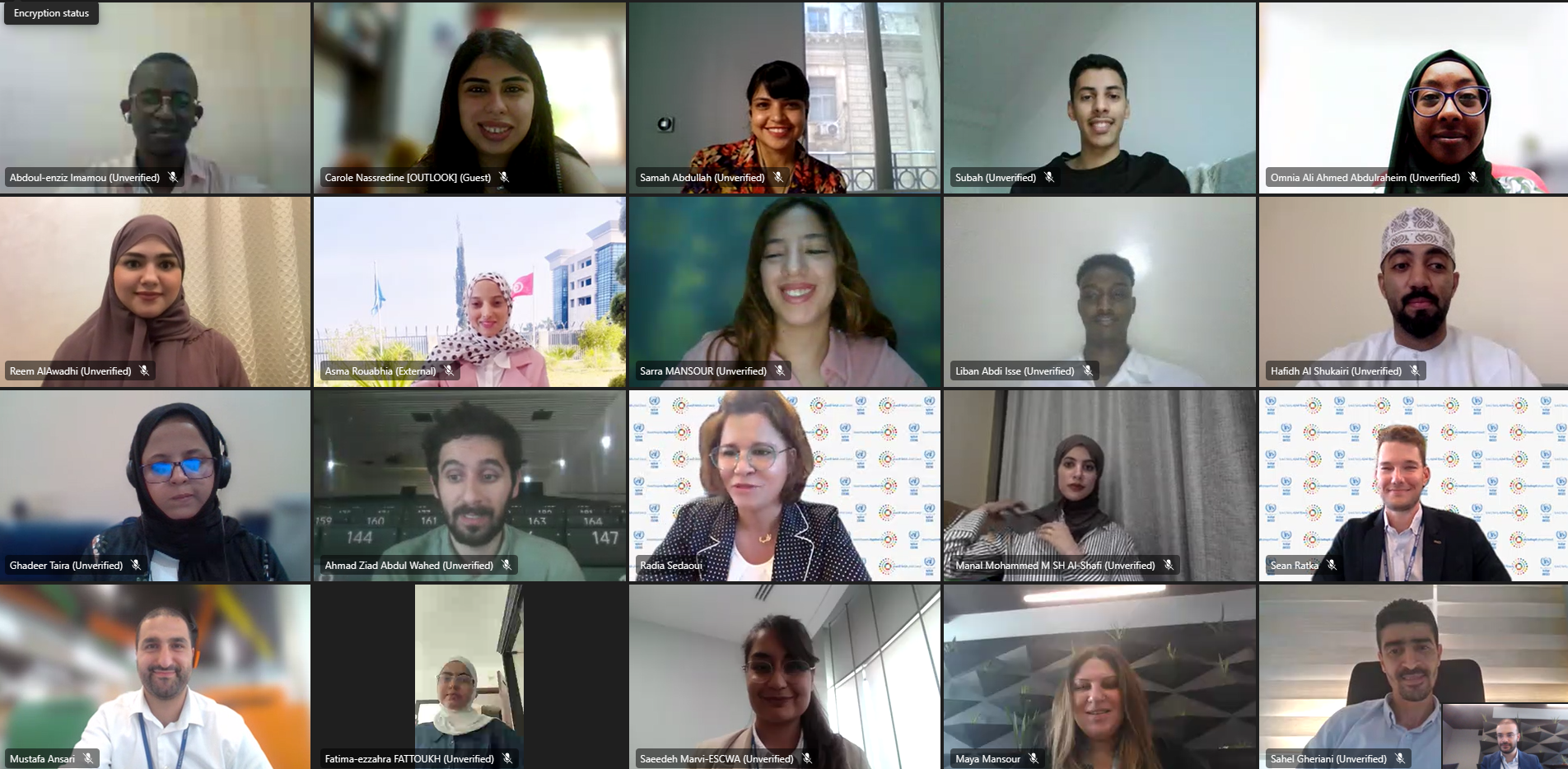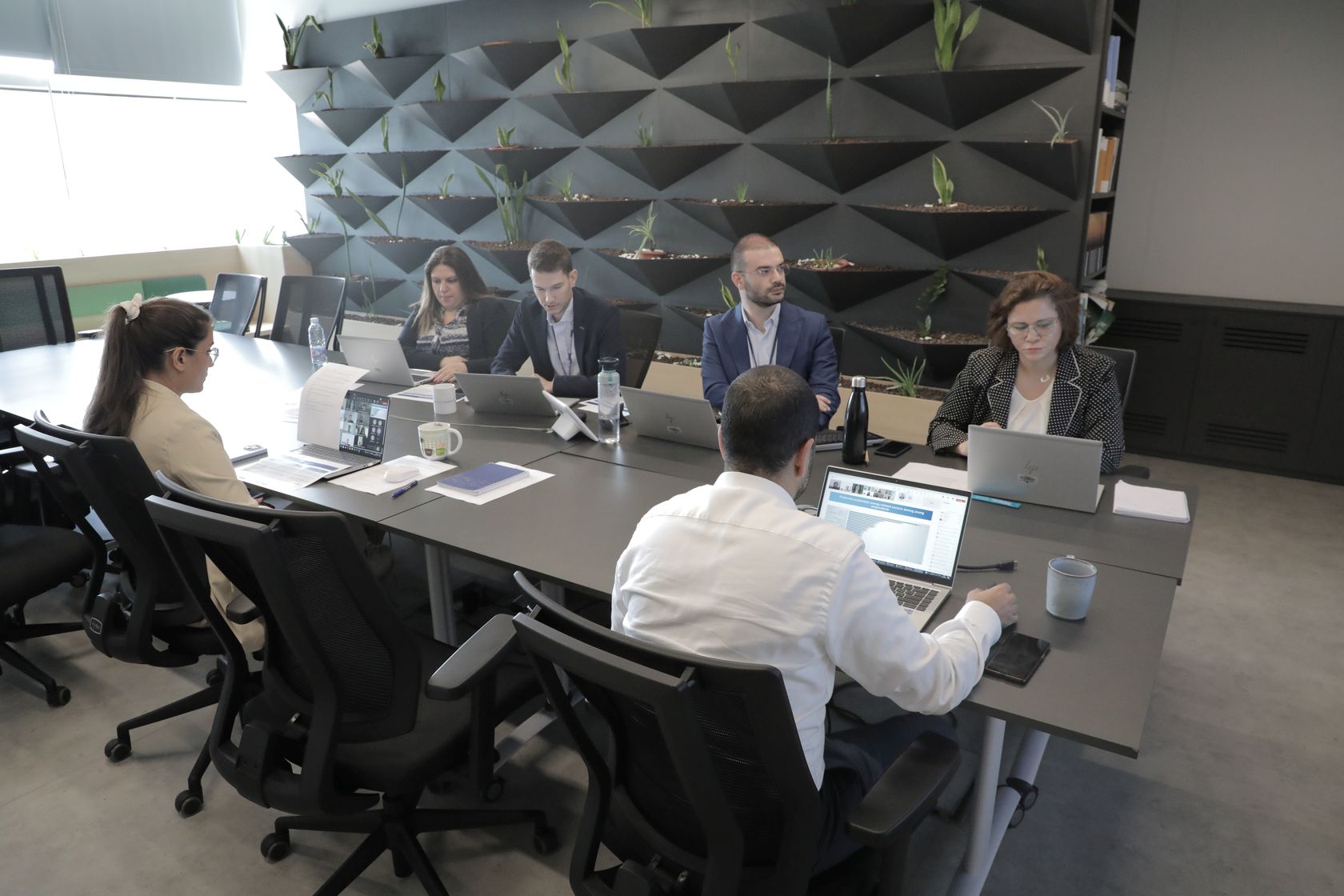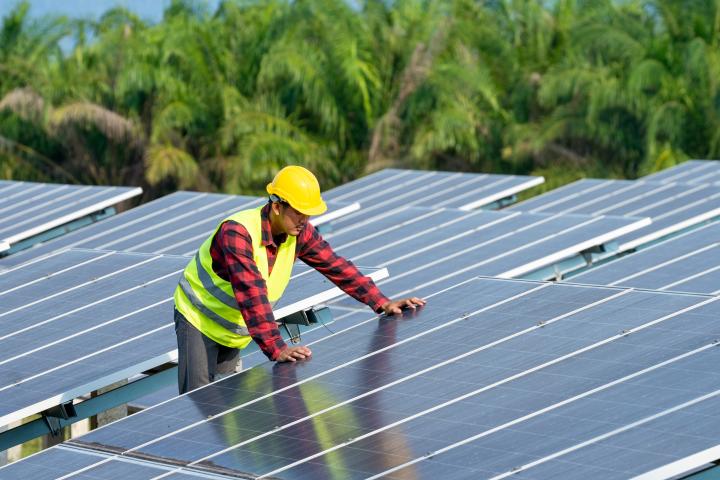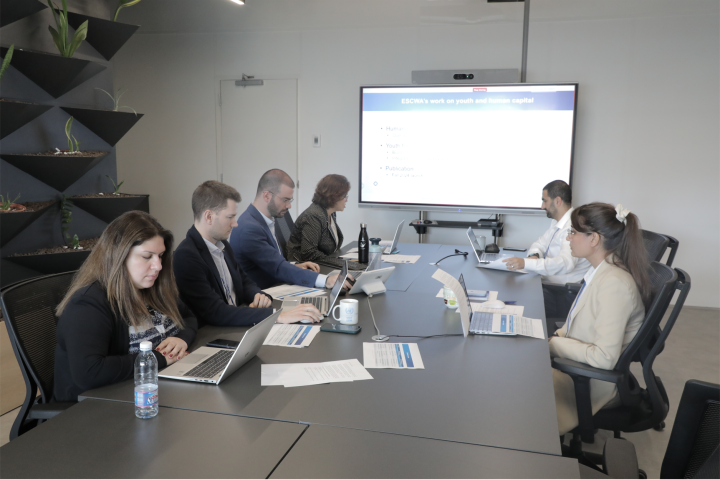1. Educational Reform and Access:
- Address the shortage of qualified teachers and update curriculums to include green and environmental education.
- Emphasize the importance of STEM education, particularly for girls, and ensure equitable opportunities and funding access for young people, especially in rural areas.
2. Skills Development and Training:
- Enhance AI and IoT skills for better data analysis and efficiency in the energy sector.
- Develop non-technical skills such as communication, negotiation, teamwork, and leadership through practical simulations and exercises.
- Increase availability of internships, apprenticeships, and mentorship programs to provide hands-on experience and industry insights.
3. Policy and Regulatory Support:
- Implement and review policies that support renewable energy technologies, and ensure feedback from young professionals is considered.
- Encourage inclusive hiring policies for young people, women, and those with disabilities.
- Governments should introduce policies promoting diversity, equal opportunities, and financial support for sustainable energy education and projects.
4. Innovation and Research:
- Invest in R&D to address challenges like the intermittency of solar and wind power.
- Promote innovation and entrepreneurship in the region, particularly in advanced renewable energy technologies.
- Utilize small-scale energy solutions and share best practices across Arab countries to aid the energy transition.
5. Awareness and Advocacy:
- Conduct awareness campaigns about career opportunities in the sustainable energy sector and the specific skills required.
- Raise awareness about the importance of sustainable energy systems and their impact on a sustainable future.
- Encourage young people to participate in policy discussions and advocate for their needs in the global energy transition.
6. Youth Engagement and Empowerment:
- Provide platforms for youth to generate and share new ideas, and ensure their voices are heard in policy and decision-making processes.
- Facilitate one-on-one mentorship and post-financing support for youth-led startups to help them navigate logistics, banking, legal, and accounting processes.
- Focus on local issues relevant to the youth's context to guide their studies and future careers, fostering a resilient and capable workforce for the sustainable energy transition.



